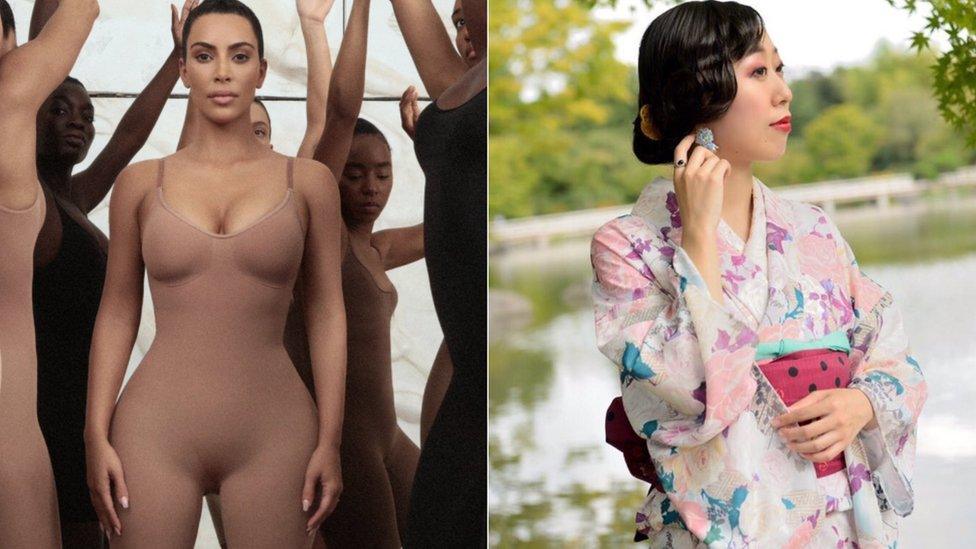'Not just sushi': Bringing Japanese culture to Bristol
- Published
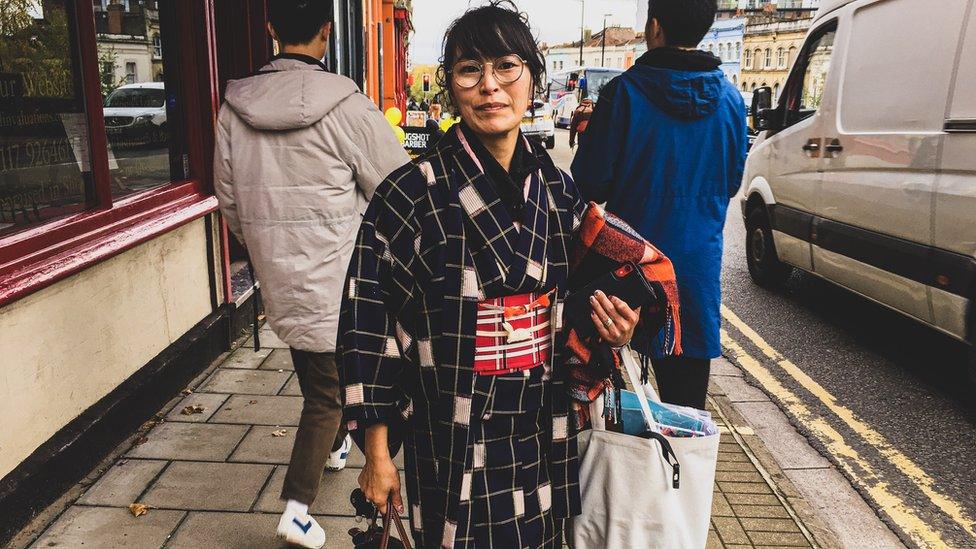
Yumiko Jones said: "I used to keep my kimonos under my bed but I don't have space for them anymore".
With the success of the recent Rugby World Cup and the Tokyo Olympics approaching, the eyes of the world are turning towards Japan. Yumiko Jones, who moved to the UK in 2008, has been on a one-woman mission to educate people about her homeland.
When Yumiko Jones first arrived in Bristol, she was pleased to be reminded of her hometown of Fukuoka.
Both cities, she says, are "surrounded by the sea with an international feel".
But Mrs Jones, who wears traditional Japanese garments on a daily basis, said she was "shocked" by one aspect of her new life.
"People in the street would ask me what part of China I am from," she says.
"Like really? China? Whilst I'm wearing a kimono?".
"From then on I wanted people to know more about Japanese culture."
'More than just sushi'
Japanese people "exist quite separately" in Bristol, she says, and there was a need to "bridge the gap".
"People in Bristol are interested in Japan and there are Japanese people here, but there's not much happening to share the Japanese culture and bring people together."
So Mrs Jones set up the Bristol Japanese Cultural Society (BJCS) - a yearly event showcasing her country's traditions.
"I wanted people to know that Japanese culture is about more than sushi", she says.
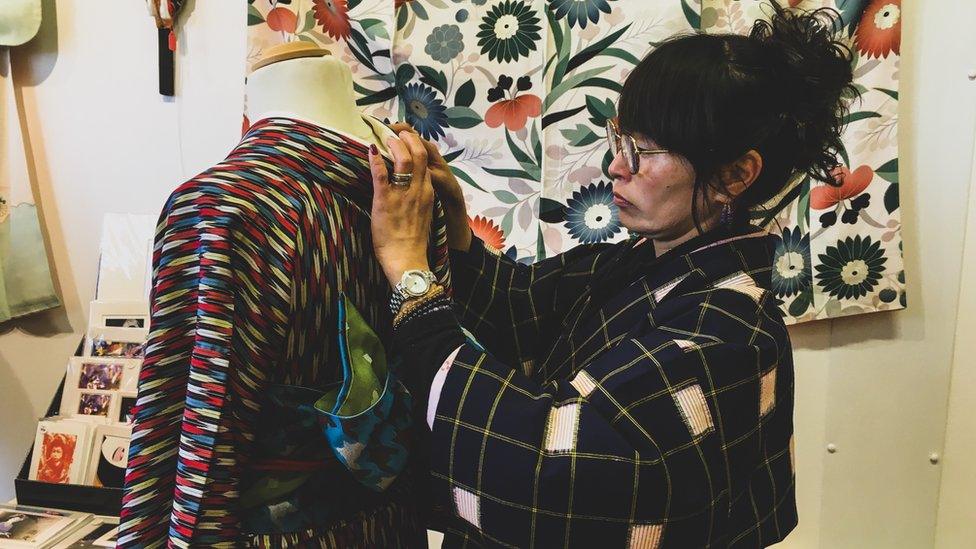
"When Honda in Swindon closed down the owners who are Japanese gave me all of their Kimono's before going home to Japan. I now use the kids ones for demonstrations in schools"
Mrs Jones has also visited local schools to do Kimono dress demonstrations - using her impressive collection of more than 50 garments.
"I used to keep them all under my bed but now there are so many I can't clean under there any more", she says.
She says she "will go anywhere if needed" to share and educate people about Japanese culture.
"When people see me wearing Kimono they immediately think I'm a Geisha and that's the wrong impression.
"Wearing Kimono is just part of my culture and I want people to see that.
"It's really rewarding to now see people in Bristol enjoying and really understanding the Japanese culture when I do Kimono demonstrations and cultural events."
Not just sushi: What Japan has given the world
Heated toilet seats: A common feature in Japanese bathrooms, more advanced models include a water-jet bidet and blow-drying function
Portable music: Sony's Walkman cassette player sparked a revolution in listening to tunes on the go
Instant noodles: A favourite of students worldwide, Japan even has a museum dedicated to the desiccated delight, external
Karaoke: Taken from the Japanese for "empty orchestra", the sing-along machines have become a mainstay for singers looking to showcase their talents (or lack of them)
Emoji: The "pile of poo" icon made its mobile phone debut in Japan in 1997
Umami: In 1908, scientist Kikunae Ikeda identified a fifth basic taste - in addition to sweet, sour, bitter and salty - triggered by savoury foods
Miss Jones is excited about the forthcoming Tokyo Olympics, and particularly looks forward to seeing athletes wearing kimono designs based on their country's flag at the opening ceremony.
"I'm really proud that the Olympics will be held in my home country," she says.
"After the recent natural disasters and the Fukushima Daiichi nuclear disaster, it will help make people feel united."
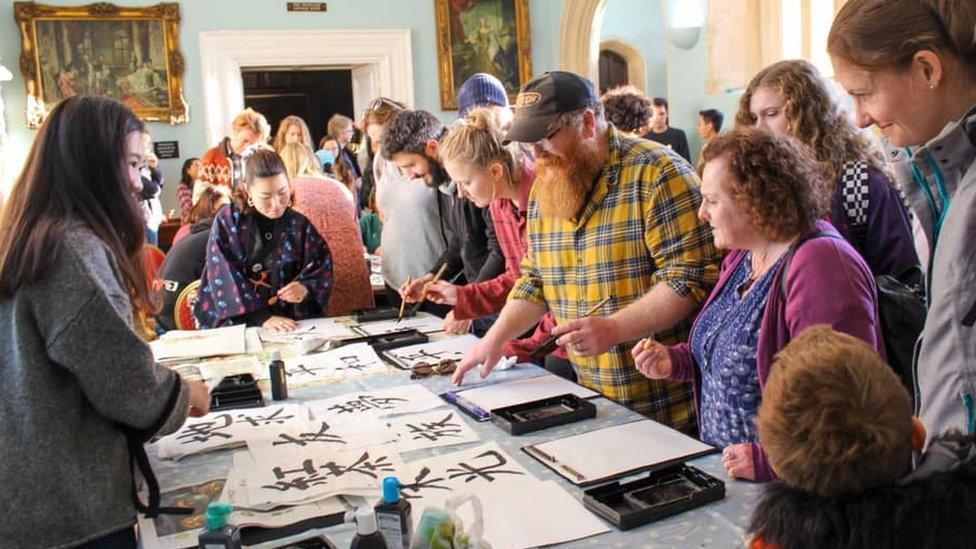
Yumiko hopes the Japan Olympics in 2020 will encourage more people to come to her Japanese cultural event.
She also regularly visits the KimonoKimono shop on Park Row to share knowledge with its owner and fellow collector, Phillip Porter.
Mr Porter said Miss Jones has "endless energy" in "generously" bringing Japanese culture to a wider audience.
"She never misses an opportunity to share knowledge about all things Japanese which is really helpful, because there's no-one else I can ask for help help when I'm doing fashion shows".
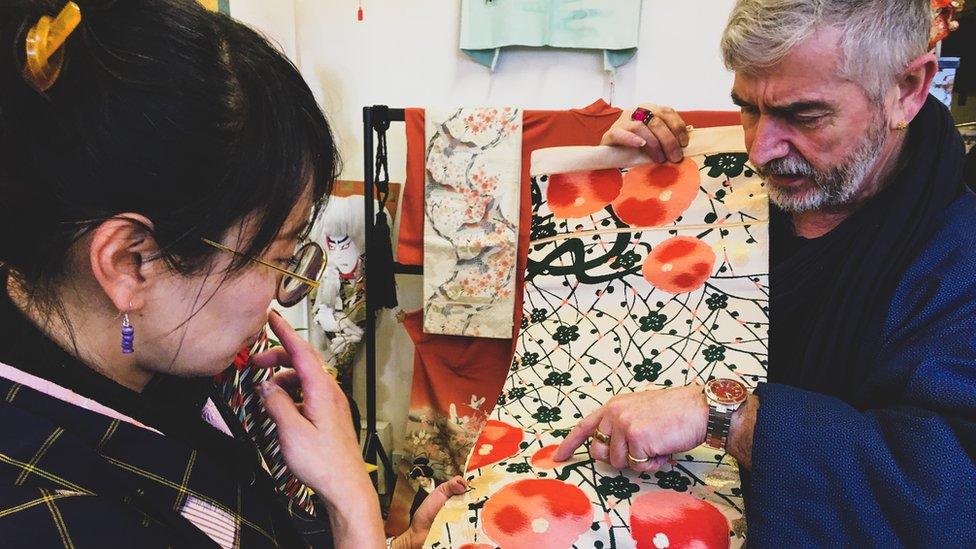
Miss Jones hopes her events will help "Japanese families feel nostalgic" and "connected" to their culture as it is "expensive to fly a whole family out to Japan".
You may also be interested in:
The last BJCS event attracted 1,000 attendees from Japan and the UK.
Bristol-based researcher for Toshiba, Ichiro Seto, said the events "help him make friends with people from the UK and Japan" and help him "understand how a UK person feels".
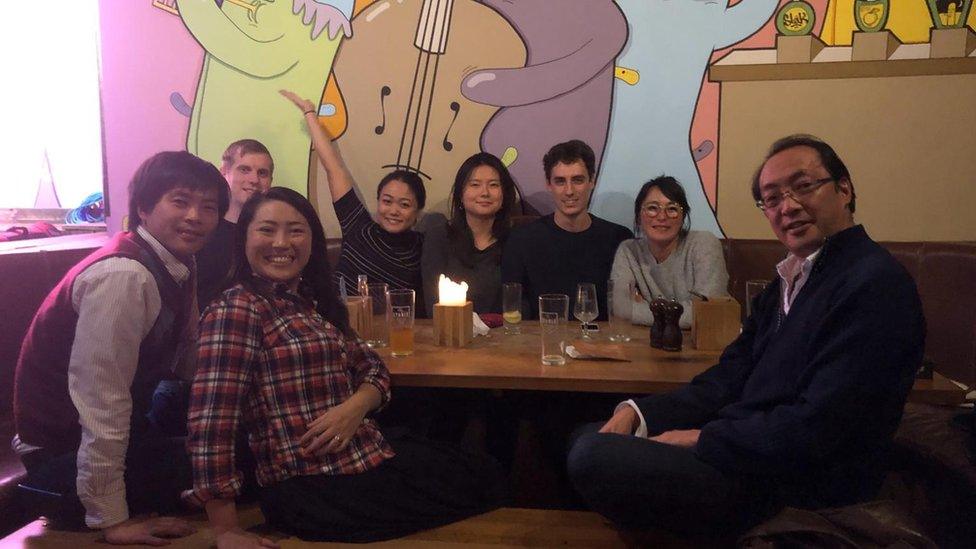
Ichiro Seto has made lots of new friends through the Bristol Japanese Cultural Society
"I have realised, through the event, that there are similar characteristics between us and have made some great friends from the UK and Japan".
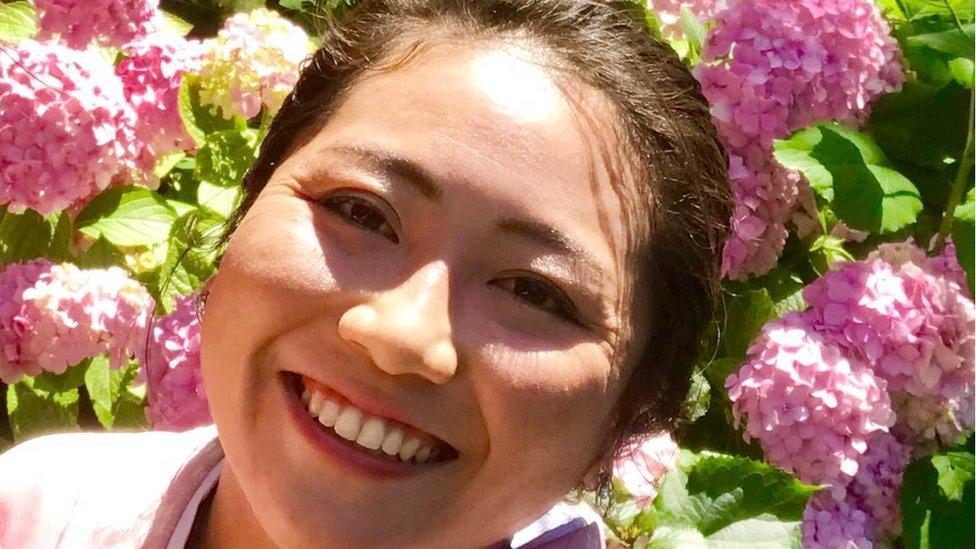
Saori Hawker said being able to "build connections" with Japanese people is "important" for her
Saori Hawker, 28, from Bristol said: "What Yumiko is doing in Bristol is important to help connect people in what is already a multicultural city.
"More and more people are interested in Japan and are keen on learning about the culture so having events like this in Bristol is crucial".
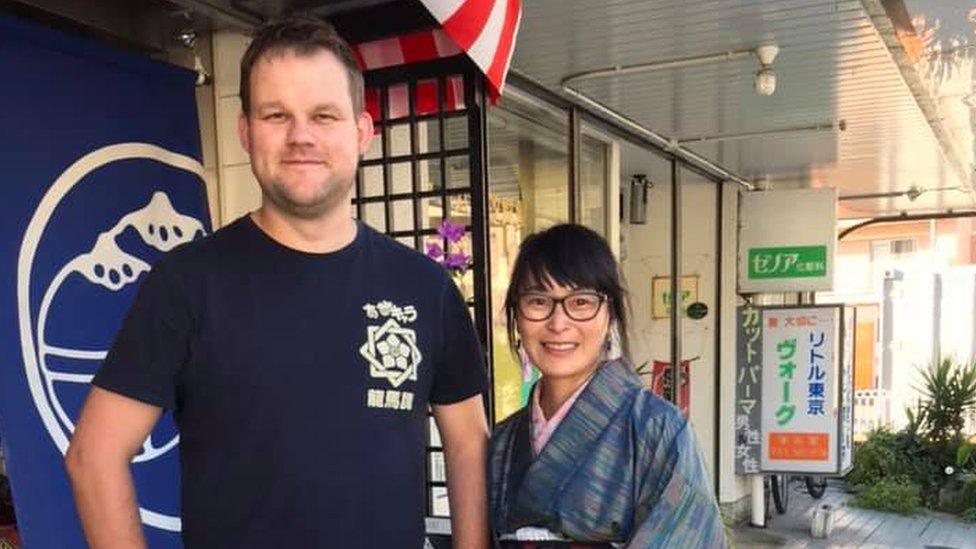
After Damon Jones married Yumiko, they both moved to Bristol in 2008.
Mrs Jones' husband Damon, 42, said the event is a "great way to celebrate Japanese culture with the city" and is a "gateway" to the upcoming Olympics and Rugby world cup "without the travel expenses".
"I've had people say to me at BJCS events they didn't realise so many Japanese people live here in Bristol", he said.
- Published31 October 2019
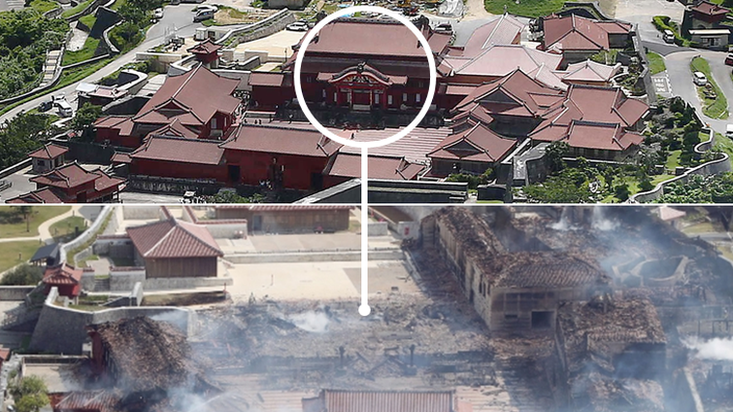
- Published27 June 2019
